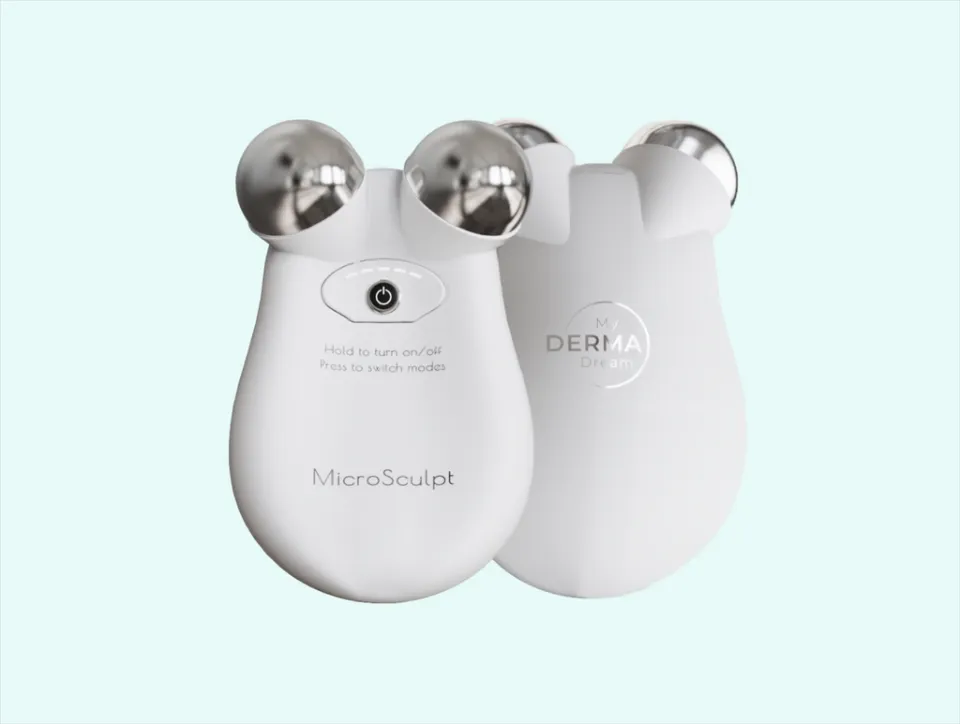It is simple to understand why face masks have gained popularity as a cosmetic procedure all over the world. But how facial masks work and which types of facial masks should you choose? Here you will find the answer.
Face masks can be an effective way to deliver an intensive burst of nourishing and therapeutic skin care ingredients in a highly concentrated form.
In order to keep your face looking young, healthy, and more lustrous, you should be aware of the following information about face masks.
Do Facial Masks Work?
Yes, but not all shows are created equally. It’s critical to select a mask appropriate for your skin type.
If you have dry skin, for instance, look for a hydrating facial mask that will give your skin more moisture. On the other hand, if you have oily skin, choose a facial mask designed to control oil production.
Related Post:
How Facial Masks Work?

Wash, moisturize, and put on makeup. Skin care is simple, right?
Nothing is wrong with a simple skin care regimen, especially if it is effective. However, if you’re one of the millions of Americans who suffer from skin issues like redness or acne, you might be looking for a skin care boost. Sadly, professional skin care procedures like facials can be quite expensive.
This is where face masks come in, offering intense skin treatment for a fraction of the cost.
The mask traps the moisture or ingredient in the skin and creates film that helps to either hydrate, moisturize, dry or exfoliate the skin depending on the ingredients used and its purpose. As a result, ingredients can quickly and more effectively penetrate your skin when using face masks.
In comparison to other forms of application, a face mask can provide a more concentrated dose and more intense version of an ingredient, whether it be salicylic acid for acne, vitamin C for fine lines, or retinoid for lightening dark spots.
What Face Masks Are Good for Your Skin?
Looking for a quick fix for a skin ailment? Here are a few common ingredients to look for on the label when trying to combat a skin concern:
Dry skin: hyaluronic acid.
Fine lines: anti-oxidants like vitamin resveratrol, ferulic acid, vitamin C, and vitamin E.
Acne & blemishes: salicylic acid and alpha hydroxy acids (AHAs).
Rosacea: niacinamide.
Dark spots & pigmentation: soy, kojic acid, tranexamic acid and licorice root extract.
Oily skin: salicylic acid.
Choosing a Face Mask and Routine
Finding the ideal face mask can be difficult, whether you search social media or the pharmacy aisles. There are a plethora of choices, so just because your favorite Instagram model uses one mask doesn’t mean it will work for you.
Start with what kind of mask you’d like, such as:
- Overnight masks that are hydrating and may contain hyaluronic acid, which are ideal for mature or extremely dry skin
- Clay, sulfur or mud masks, which can soak up oil and have a slight exfoliating effect
- Sheet masks containing antioxidants, which are hydrating and, if you store them in the fridge, anti-inflammatory
You may have to wear the mask for up to the entire night, so make sure it is comfortable for your skin.
The exciting part, the benefits specifically for your skin, can now be discussed. During the dry winter months, are you looking for a moisturizing mask? Trying to delay the aging process? Or maybe you’re trying to tackle that T-zone that is prone to breakouts.
Avoid overusing face masks, despite possible temptation. To avoid irritation, they ought to be used no more frequently than once per week.
Related Post: When to Use a Face Mask in Skin Care Routine?
Takeaway: How Facial Masks Work
If you’re not sure about a face mask, try it out on a small area of your skin before covering your entire face with it.
Facial masks can provide a wealth of benefits for your skin, from cleansing and exfoliating to moisturizing and brightening. There is sure to be the ideal facial mask for you among the many varieties available.
Therefore, try out some facial masks; your skin will be grateful.
Read More: How to Remove a Facial Mask?
FAQs
Do Sheet Masks Work for Skin?
Sheet masks can be great for our skin if used regularly as they provide the right balance of skincare and pamper.
Do Face Masks Actually Work for Skin?
Face masks are probably most effective at moisturizing your skin.
Do Face Masks Work for Acne?
While face masks aren’t a long-term remedy for acne, they can help calm inflamed skin and prevent breakouts.




